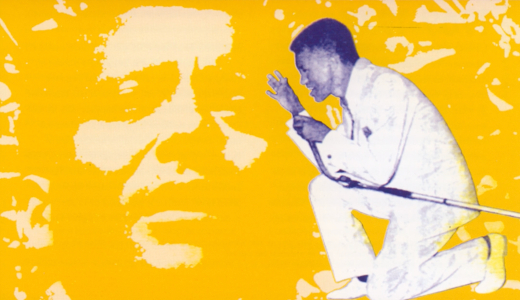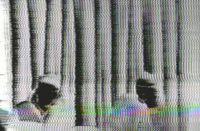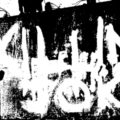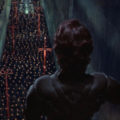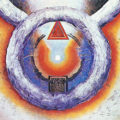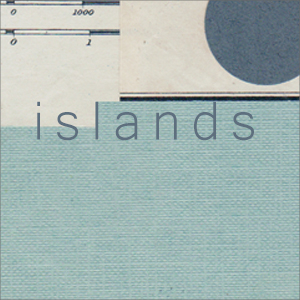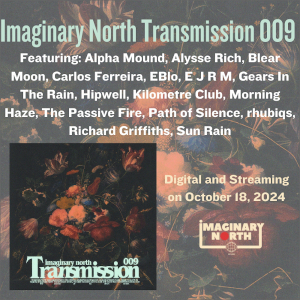With a brief look at some notables along the road, Chang Terhune’s Music Mondays aims to shed light on both new and old(er) music over a wide spectrum of sound (and vision). This week, Mahmoud Ahmed—Ethiopian vocalist of Gurage descent born May 8, 1941 in the Mercato district of Addis Ababa.
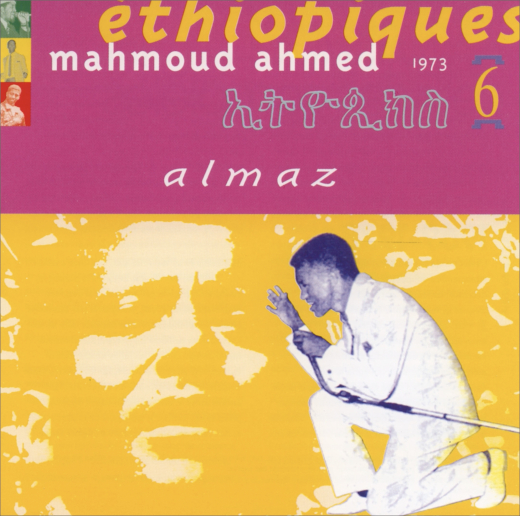
He can croon, he can shout, he can swoon and enthrall
After 9/11, I took a job at Whole Foods out of desperation. The dot bomb dropped in January 2001, ruining my chances of finding work in web development without learning a bullion worth of programming. So there I was in the Prospect Street store in Cambridge, Massachusetts. Second smallest in the chain. Before long I found out it was called “The Island of Misfit Toys” because everyone who worked there had been bounced around everywhere else before landing there. Which is how I met Joaquin (not his real name for soon to be obvious reasons.) He was a heavy cat to say the least: a hardcore anarchist leftist, ‘NPR is a CIA mouthpiece’ type of cat. I liked him except when he started in about 9/11 conspiracy theories and I had to tell him several good friends survived that and he needed to hush. Anyway Joaquin introduced me to some of the most profoundly life changing music I’ve ever heard in my life. One artist he introduced me to was Mahmoud Ahmed.
One could be forgiven for calling him the Marvin Gaye of Ethiopia as I used to. There’s something incredibly moving about his voice. I speak absolutely no Ethiopian, but Ahmed’s voice has incredible range and breadth. He can croon, he can shout, he can swoon and enthrall.
The Ethiopiques (Badu Music) series of compilations gathers Ethiopian music from Amha Records, Kaifa Records and Philips-Ethiopia in the 1960 and 1970s. Back then, the capital was called Swinging Addis (Ababa), when the influx of music from the west swept through the African continent. As with many musicians, the Ethiopian groups took this music and applied their own unique style to it. Without drowning one in music theory, the best way to describe it is James Brown after opening the ark of the covenant.
“One could be forgiven for calling him the Marvin Gaye of Ethiopia as I used to. There’s something incredibly moving about his voice.” ~ Chang Terhune
When Haile Selassie died and the subsequent junta cracked down on nightlife, Ahmed escaped and became better known outside of his homeland. And thank God for that. Ethiopian jazz has long been a staple of cult music fans with perhaps the most well known of them being Mulatu Astatke, considered the father of Ethio-jazz. Most of the music is in 3/4 time signature but it’s not a waltz tempo. With guitars, bass, drums, horns and keys it becomes a driving music that pushes the beat even at the slower tempos. The way it uses Western instrumentation to create very traditional sounding indigenous music is constantly astounding to me.
Mahmoud Ahmed is in my opinion the greatest of them all. His voice soothes and transports me so thoroughly, it’s why I rarely look at the lyric translations because a large part of the magic is how wonderfully alien the music sounds. Here’s some examples.
‘”lma Men Eda New” is so upbeat and rollicking I’m often asked to turn it down in my house. The thing about it is that there’s droning organ elements in the verse which contrasted against the horn in the chorus is so odd yet works perfectly (it’s the first of three songs that comprise a 20 minute melody!).
“Kulun Mankwalesh” goes hard like a ritual or invocation. Heavy repetition, bass heavy with hot drums makes it a dizzying listen:
Ahmed’s first single Nafqot New Yegodagn could’ve been written by The Meters or Curtis Mayfield—it swings so hard. Solid backbeat, lengthy, ebullient horn solo and that banging rock solid rhythm section. There’s a joy here one doesn’t hear too often in music that pushes past everything
As mentioned above, Ahmed was a crooner. Many of his songs dwell in a realm of late night contemplation after the bars have closed, everyone else is asleep and one is left along with their thoughts at the end of the day. “Ère Mèla Mèla” always rips my heart out, stomps on it, and has me begging for more. The longing, the sadness, the mourning in his voice is just exquisite:
Here it is live from only a few years ago and he hasn’t lost it:
“Fetsum Fetsum Denq Ledj Nesh” sounds like the last song of the night as the light go up and it’s closing time. All the things are in his words: regret, loss, sadness and longing dripping off each and every one.
Mahmoud Ahmed is still alive and touring occasionally. I should be so lucky to catch him before too long. I know it could only be transformative. Here is a live show of Maestro Ahmed playing with Badume’s Band in 2008. It’s so incredible seeing him live is on my bucket list:
Visit Discogs for more info on Mahmoud Ahmed’s releases over the years.






